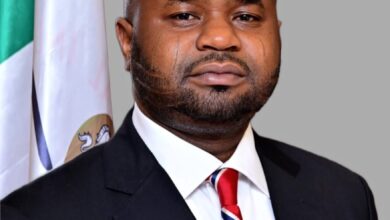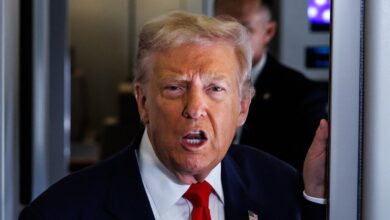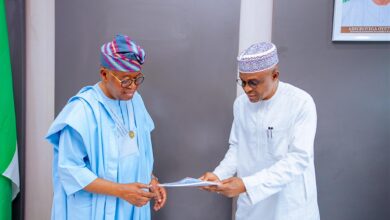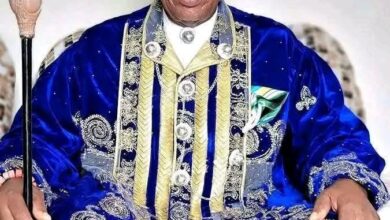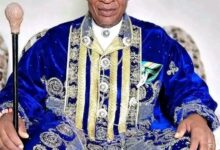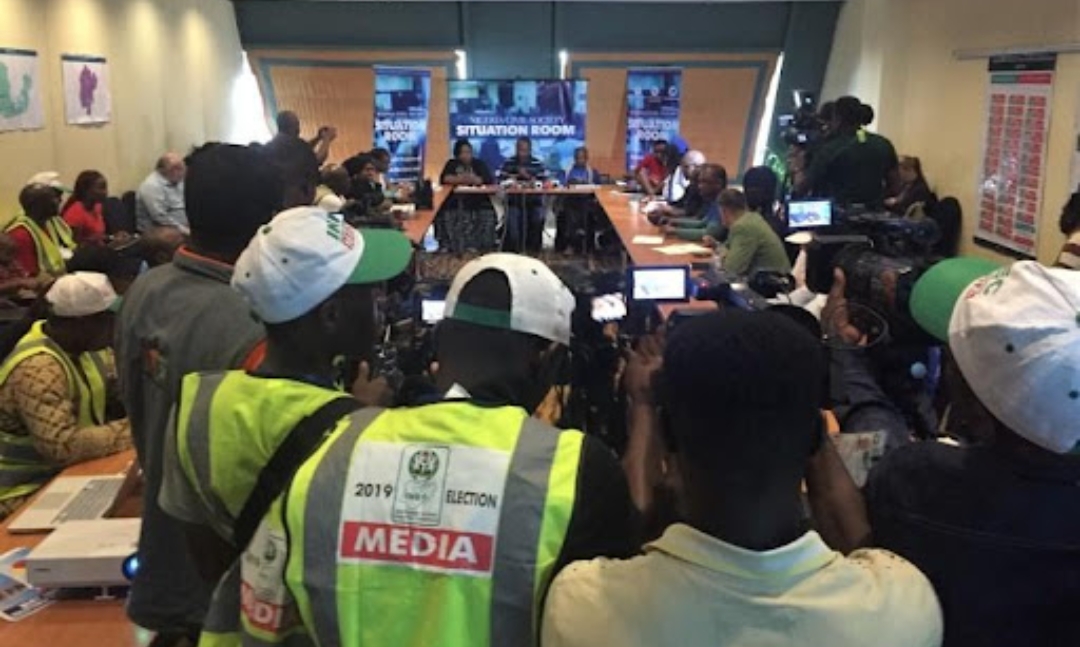
Experts in the media and civil society have stressed the need for journalists deployed to cover elections to carry out their responsibilities with a solid understanding of the electoral laws and report every electoral process in an unbiased manner.
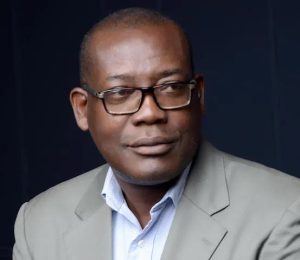
Violence and conflict in elections and political processes threaten lives and the integrity of any democracy. Electoral security is strengthened by a human-centered, holistic approach that covers the entire electoral process and adheres to international standards and norms.
Robert Egbe, Media and Communition Officer of CAPPA, during the virtual meeting said elections determine peoples standard of living, security of lives and property, as well as the responsibility and accountability of political office holders, and as such journalists must rise to the occasion of remaining focused while reporting elections, especially at the national and sub-national levels.
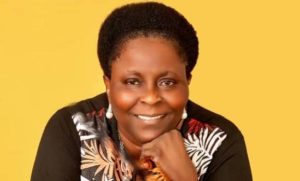
In any electoral process, the media plays a crucial role in informing the public and acting as a watchdog in ensuring a credible and fair election.
Media influences the election dynamics and perceptions, how and what the media reports, builds, or breaks the credibility of an election. Influences people by way of reporting, offering peaceful resolution, or even ending up in conflicts. The Media is therefore instrumental in conflict resolutions and peace-building.
Journalists owe the larger society the responsibility of shunning inducements and perform their duty with the highest level of ethical and moral standards and without primordial influence and attachment to any political party or candidates.
This was the submission of resource persons and participants at a Webinar titled: Conflict Sensitive Reporting and Election: Best Practices and Ethical Considerations organized by the Corporate Accountability and Public Participation Africa (CAPPA) in collaboration with the European Union Support to Democratic Governance in Nigeria (EU-SDGN) Programme and other partners on Wednesday, September 11, 2024 in Lagos.
In his presentation titled: Ethical Considerations and Best Practices for Journalists During Elections Reporting, National Secretary of the Nigeria Union of Journalists (NUJ), Achike Chude, stated that journalists were responsible for reporting electoral matters with a view to properly informing the citizens.
Chude stressed that to effectively report elections in the country, it was important for journalists to fully understand the mindset of political gladiators and their political affiliations, have knowledge of security guidelines regarding timing, as well as movement of people and sensitive electoral materials to successfully navigate the terrain.
“Issues of elections are very critical to the development of any country. As such, the Independent National Electoral Commission (INEC), security agencies, civil society groups and the media must forge a healthy synergy to ensure successful conduct and reportage of polls.
“Unfortunately, in Nigeria, some security agencies and the electoral body sometime collude with unscrupulous politicians to undermine the electoral process. To that extent journalists are usually caught up in the middle of electoral violence, but they (reporters) must ensure their safety first and be very knowledgeable about the laws that govern elections at any point in time,” he said.
in her presentation on Conflict Sensitive Reporting and Elections with Focus on Governorship and Presidential Elections, Executive-in-Charge of Media Mentors Journalism Centre, Joke Kujenya, said It was important for us all to know that ideas on Conflict-Sensitive reporting for journalists can never be exhausted and debatable.
She explained that the core principles of Conflict Sensitive Reporting (CSR) are accuracy, balance, avoiding stereotypes, minimizing harm and remaining consistent, adding however, that the evolving nature of conflicts, technology and media landscapes suggests that the application and understanding these principles must also continuously adapt.
She maintained that conflict-sensitive reporting involves careful coverage of events, particularly elections, to prevent exacerbating tensions and conflicts, as well as ensures that journalism upholds ethical standards, while contributing to peace and stability.
Kujenya, who also cited the Edo State governorship election in November that will clearly be between the two big political parties in the country charged reporters to be objective in their reports of the polls, as Edo remains one of the sensitive states in the South-South and in the entire country.
She pointed out the importance of Conflict-Sensitive Reporting, insisting that it reduces the risk of violence and escalation of conflicts; ensures balanced and fair coverage of all parties involved; helps in promoting peaceful discourse; protects journalists from becoming targets and builds public trust in media and the journalist as a core professional.
Presenting facts and data on the role of media in elections, she revealed that studies have shown that biased media reporting can increase electoral violence by 20 percent, while media coverage can influence up to 10 percent of the voting population through its agenda-setting role.
“Also, countries with a free press are 50 percent less likely to experience post-election violence. Social media has become a significant platform for political discourse, with 70 percent of the population in many countries engaging in political discussions online.
“Rivers State witnessed significant election-related violence during the 2019 governorship election with over 100 deaths reported. The coverage of the 2023 Presidential elections demonstrated the importance of conflict-sensitive reporting.
“Over 600 incidents of violence were reported across Nigeria during the 2019 elections, resulting in no fewer than 58 deaths, according to the Nigerian Civil Society Situation Room. In Rivers and Kano, election-related violence has been particularly high,” she stated.
She said about 80 percent of news items focused on non-programmatic issues such as election logistics, campaigns and political intrigues, stressing that journalists could have mitigated tensions by focusing on issues-based reporting, rather than amplifying inflammatory statements or perspectives.
“By highlighting policy debates, peaceful initiatives and solutions, journalists could avoid sensationalism capable of provoking violence,” she stressed.






